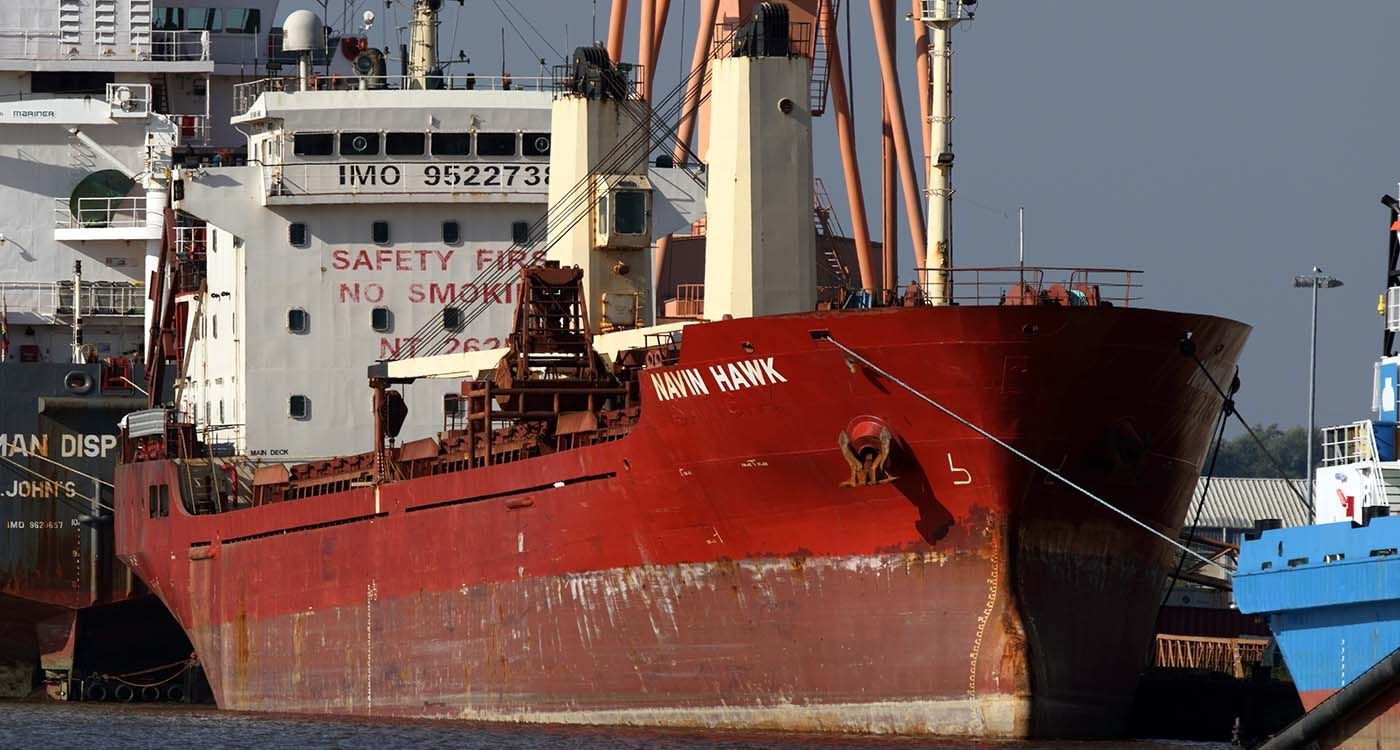
Hawk III, a fuel-laden vessel, was intercepted in the dead of night as it tried to slip illegally out of Lebanese waters. This has once again thrown light on the murky depths of an energy sector riddled with scandal. Between suspicions of tainted fuel, questions about Russian origins, and political power plays, the case exposes yet again the gaping flaws of a system on the brink of collapse.
In Lebanon, even a single fuel ship can spiral into a political-judicial drama. Between Friday night and Saturday morning, the Lebanese navy intercepted Hawk III, carrying fuel destined for Électricité du Liban (EDL), as it attempted to evade territorial waters. Behind this incident lies a story of contradictions, suspicion, and opacity, underscoring how the power sector remains one of the starkest symbols of Lebanon’s crisis.
Alerted by the joint operations room, the navy launched a nighttime chase. When the crew refused to comply with orders, the military fired warning shots before naval commandos, supported by the air force, stormed the ship. The operation ended with 22 arrests and three injured soldiers. The vessel was then escorted under guard to Dbayeh port.
Fuel Cleared, But Still Contested
Since late August, Hawk III’s cargo has been at the center of debate. Suspected of being adulterated or of dubious origin, the fuel ultimately passed three independent tests in Dubai, Greece, and Italy. Energy Minister Joe Saddi cited these results to authorize unloading, crucial to avert yet another nationwide blackout scheduled for September 8. Still, doubts linger: several sources claim the shipment originated in Russia, currently under international sanctions. The ministry denies any illegality, insisting that Russian imports remain permissible if they comply with the global price cap mechanism.
The case is just the latest in a long string of controversies surrounding Lebanon’s energy sector: Turkish power ships (2013–2020), leased at exorbitant rates under opaque terms; the 2020 Algerian “bad fuel” scandal, which uncovered document forgery and corruption; and billions of dollars funneled into the sector over decades, without ever securing more than a few hours of electricity a day.
Hawk III is now another chapter in this saga of shady contracts, political battles, and corruption suspicions, while citizens remain trapped in crippling power rationing.




Comments